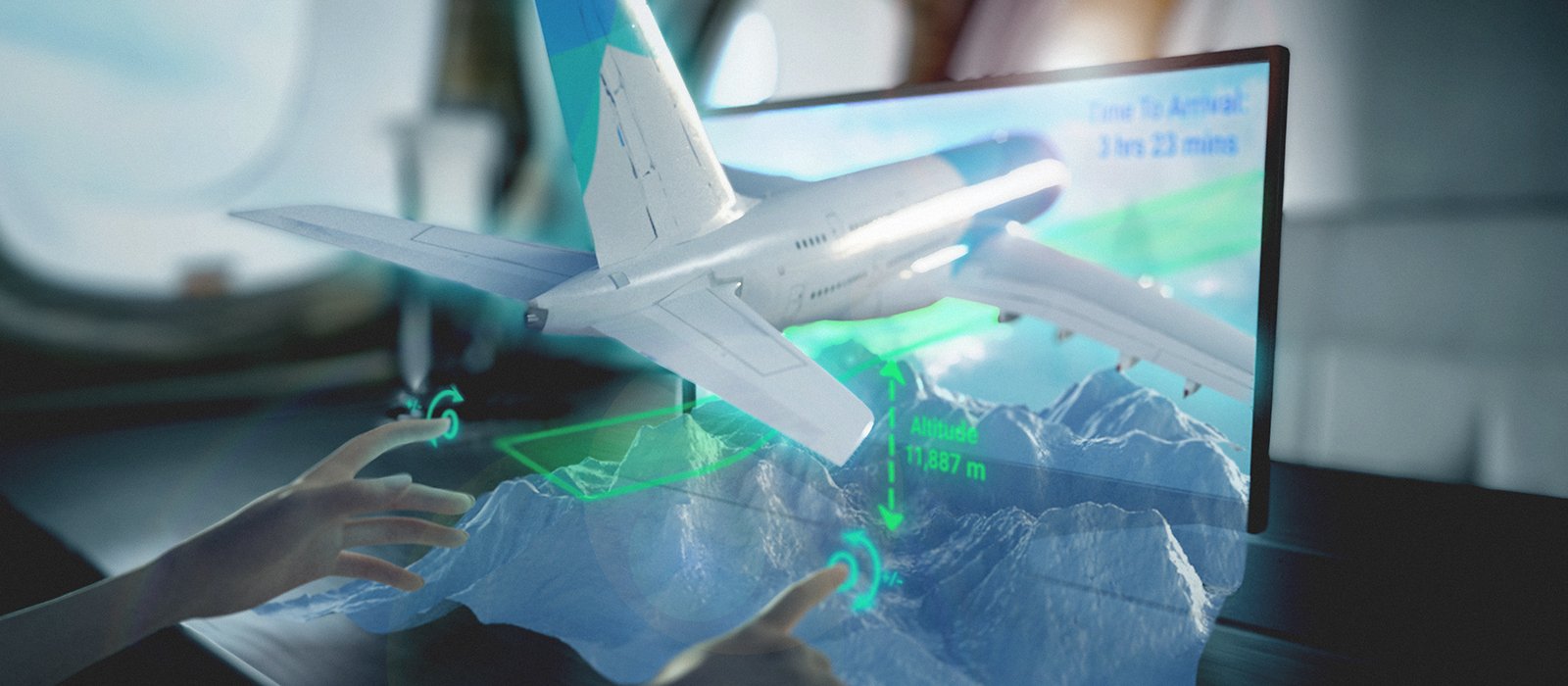Next generation display and device makers in the US, China, and Japan are already employing Cambridge-based VividQ’s computer-generated holography technologies, now it’s simply a matter of waiting before Tony Starks’ holotable moves from science fiction to science reality. To this end, VividQ has raised an additional £11 million in a seed extension round, bringing its total funding to £17 million.
Founded in 2017, VividQ is comprised of a 36 member team, 12 of which are PhDs, and it paving the way for the next generation in digital displays, computer-generated holography. Starting with the shortcomings of available 3D displays and AR devices, the startup has already collaborated with Arm and demonstrated a functional mobile holographic display.
For VividQ, they believe they can transform the world of displays through three starting points. First up, an automotive heads-up display (HUD). The Chinese market will be catered to first, and in collaboration with select partners, VividQ reports that their HUD will be ready to ship to OEMs early next year.
The second challenge on VividQ’s plate is the current state of HMDs (Head Mounted Displays) and smart glasses. If you’ve ever worn a device for any considerable amount of time, you’re bound to comment on the considerable bulkiness of the device, as well as eye strain. VividQ is taking this head-on by projecting 3D images with true depth of field, thus making the images more natural and immersive for users.
And last, but certainly not least, last year the startup developed a process to convert existing 2D LCD displays into holographic displays. Let me say that again: VividQ has developed a way to make every screen on the planet capable of creating 3D holographic projections in mid-air. Shut. UP!
VividQ co-founder and CEO Darran Milne comments, “Scenes we know from films, from Iron Man to Star Trek, are becoming closer to reality than ever. At VividQ, we are on a mission to bring holographic displays to the world for the first time. Our solutions help bring innovative display products to the automotive industry, improve AR experiences, and soon will change how we interact with personal devices, such as laptops and mobiles.”
VividQ’s seed extension round was led by the University of Tokyo’s venture investment arm UTokyo IPC. Foresight Williams Technology, Miyako Capital, APEX Ventures, and R42 Group all participated. Previous investors University of Tokyo Edge Capital, Sure Valley Ventures, and Essex Innovation followed on.



Would you like to write the first comment?
Login to post comments